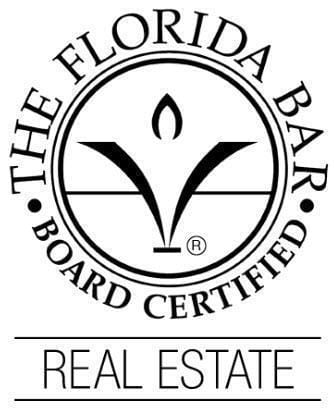The housing market is often brutally competitive especially when it’s in good form. When you are trying to outbid and overtake stiff competition, it helps to have a few things on your side, such as the introduction of earnest money into a deal.
But what is earnest money? How does it help you in a bidding situation and what does it mean for your deal as a whole?
What are the regulations?
Forbes discusses what earnest money is and what place it has in real estate transactions. According to them, earnest money is a way of showing the seller that you have serious intentions to buy their property. If your offer goes through, the earnest money you put up goes into your down payment.
When dealing with earnest money, understand that there are no strict rules or regulations for it. You simply gauge the situation on a whole and act based on how badly you want the property, putting forth an offer that you personally feel is reasonable. 1 percent to 5 percent serves as a common range to work with, depending on the competitive rates of the market at the time of your purchase. Keep in mind that the purpose of earnest money is to show the seller that you have the cash to buy the home.
Potential drawbacks
Note that you face potential financial loss when working with earnest money, though. Putting down earnest money and later breaking your contract does not allow you to get that down payment back. You need to safeguard this deposit by carefully understanding your seller’s terms and conditions. However, do not worry if the seller turns down your offer; you will get this money back, in that case.




